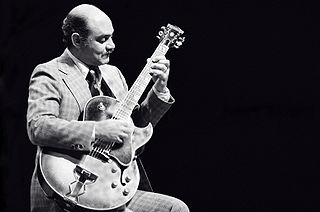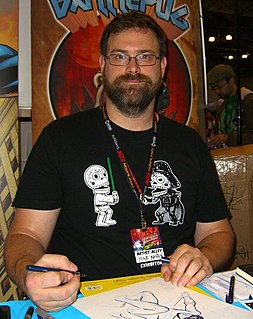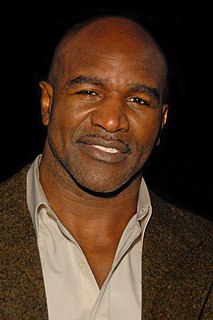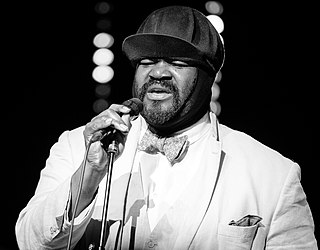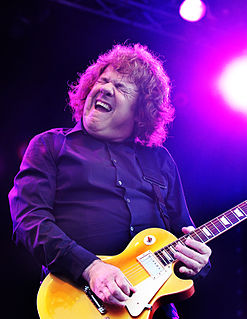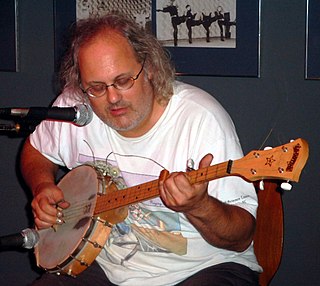A Quote by Joe Pass
If you hit a wrong note, then make it right by what you play afterward.
Related Quotes
The amazing thing about the cistern is that, if you're improvising in a dead room, you play your note and then you're left with your thoughts and you have to be really quick on your feet and be able to move through many different musical thoughts seamlessly. Improvising there is just, like, you play a note and then you had at least ten seconds to think, "What would be the perfect accompanying note to that?" And then you could add that note. You can just build this puzzle that was really amazing.
You could make your fingers reproduce exactly what you felt, if you really worked at it. I achieved it, not only spending a lot of time at the keyboard but finding ways I could make my fingers reproduce my deepest feelings. It meant, when you hit a note with a finger, you sank into that note all the way to the bottom of the keyboard until it went pow! Right?
